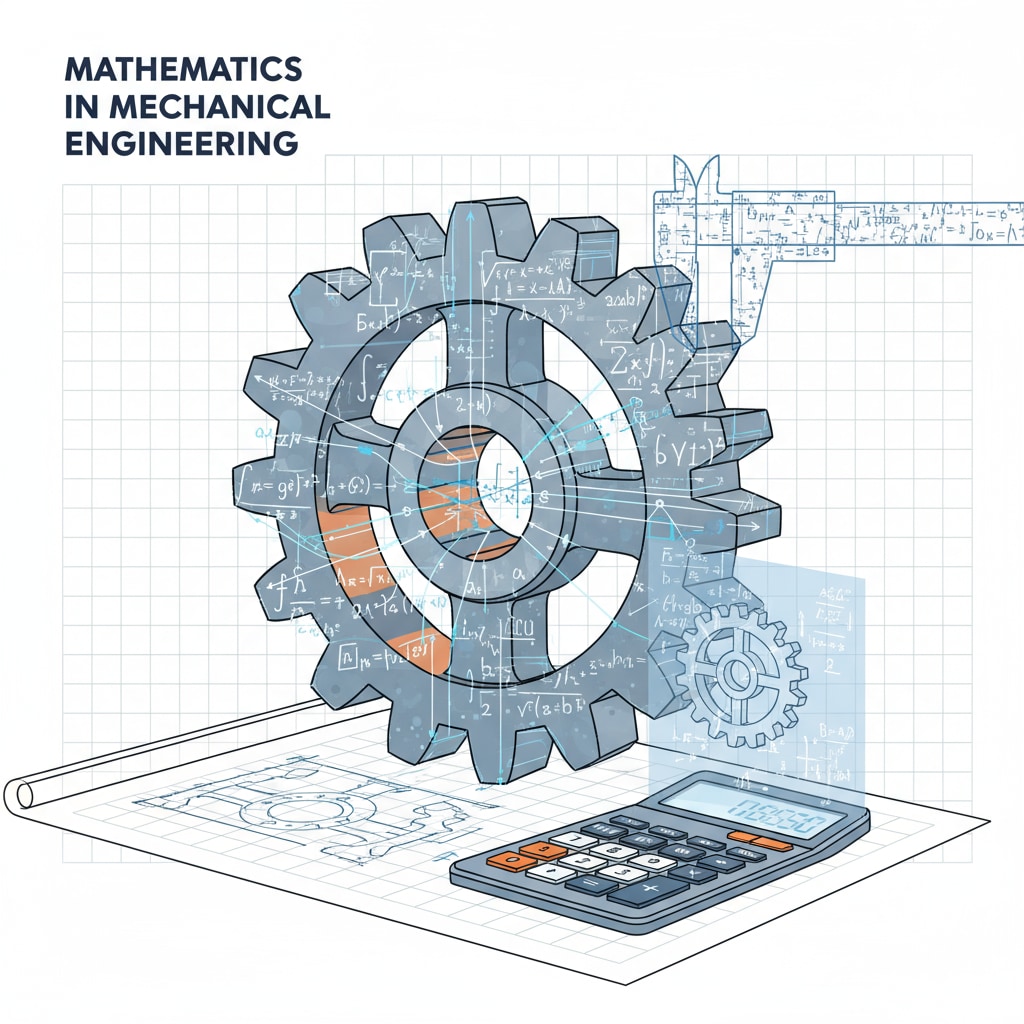The idea of making a career transition from an engineering degree, specifically mechanical engineering, to math teaching might seem like a leap. However, it holds significant feasibility and value. In recent years, there has been a growing trend of individuals with engineering backgrounds exploring opportunities in education, especially in the realm of math teaching. This shift not only enriches the educational landscape but also offers a new avenue for professionals to utilize their skills in a different context.

The Unique Edge of an Engineering Background in Math Teaching
Mechanical engineering degrees are renowned for equipping students with a strong foundation in mathematics. Courses in calculus, differential equations, and linear algebra are staples of the curriculum. This in-depth knowledge of mathematical concepts provides a solid base for teaching math at various levels. For example, an engineer’s understanding of calculus can be effectively translated into real-world examples when teaching students about rates of change or optimization problems.
In addition to theoretical knowledge, engineers are trained to think analytically and solve complex problems. This problem-solving mindset is invaluable in a math classroom. Teachers with an engineering background can introduce students to systematic approaches for solving math problems, teaching them how to break down complex tasks into manageable steps. As a result, students are not only better at solving math problems but also develop critical thinking skills that will serve them well in other areas of life. Engineering education on Wikipedia

Pathways to a Math Education Career
One of the first steps for a mechanical engineer looking to transition into math teaching is to obtain the necessary teaching credentials. In many regions, this involves completing a teacher education program, which typically includes courses in educational psychology, teaching methods, and classroom management. These programs are designed to provide educators with the skills and knowledge needed to effectively teach in a classroom setting.
Gaining practical teaching experience is also crucial. This can be achieved through internships, volunteer work, or substitute teaching positions. Working with students in a real classroom environment allows aspiring math teachers to apply the theories they have learned and develop their teaching style. Moreover, building a network within the education community can open doors to job opportunities. Attending educational conferences and joining teacher associations can help individuals connect with other educators and stay updated on the latest trends in math education. Education profession on Britannica
In conclusion, the transition from a mechanical engineering degree to a career in math education is not only feasible but also offers numerous benefits. The unique skills and knowledge acquired through an engineering education can enhance the quality of math teaching and provide students with a fresh perspective. With the right steps and a passion for education, mechanical engineers can successfully embark on this rewarding career path. The journey from engineering to math education is a testament to the versatility of skills and the potential for growth in different professional arenas.
Readability guidance: By following these steps, mechanical engineers can smoothly transition into math teaching. They can leverage their engineering background to make math more engaging for students. Short paragraphs and clear lists have been used to summarize key points, and transition words have been incorporated to enhance the flow of the article.


